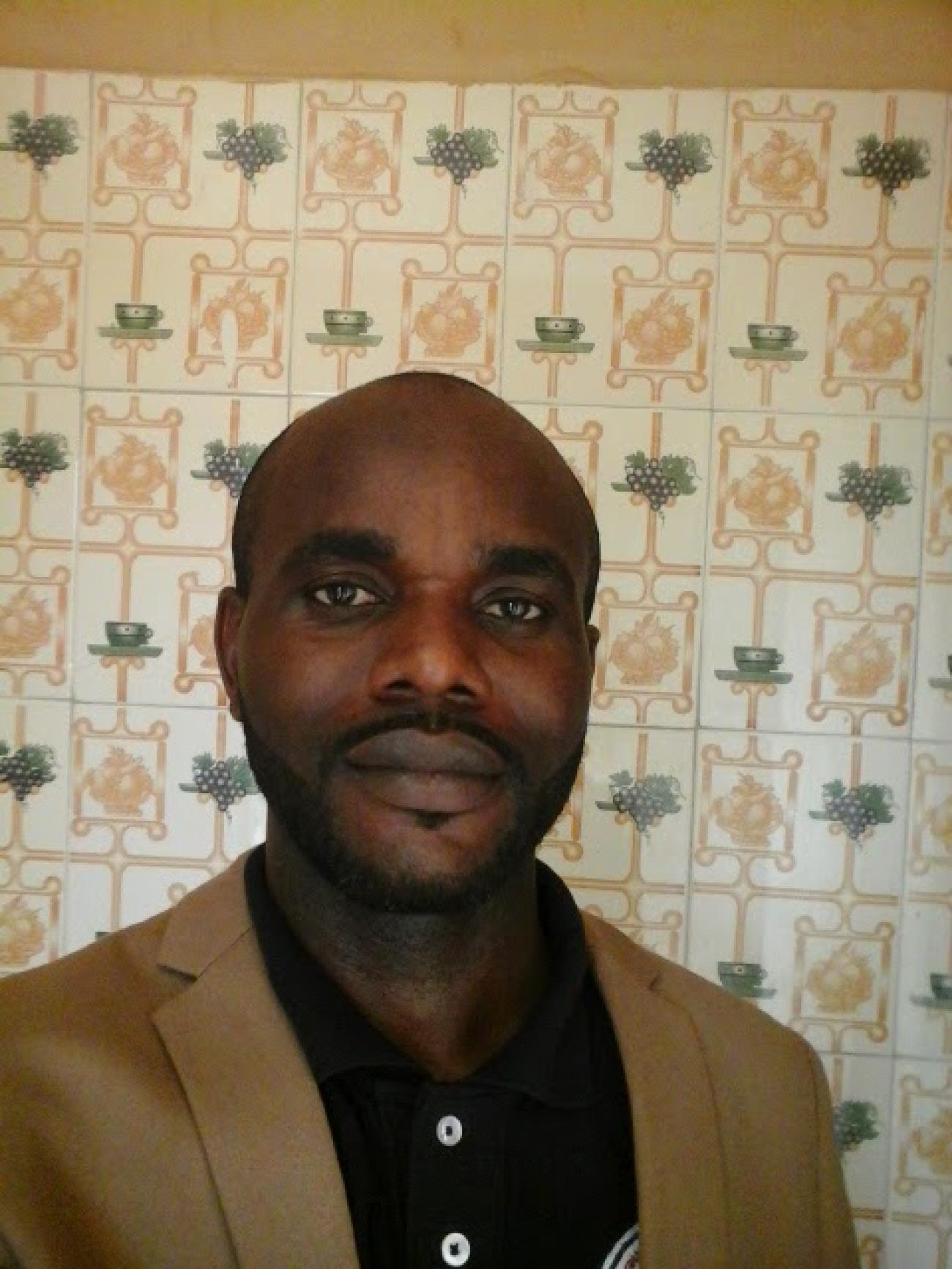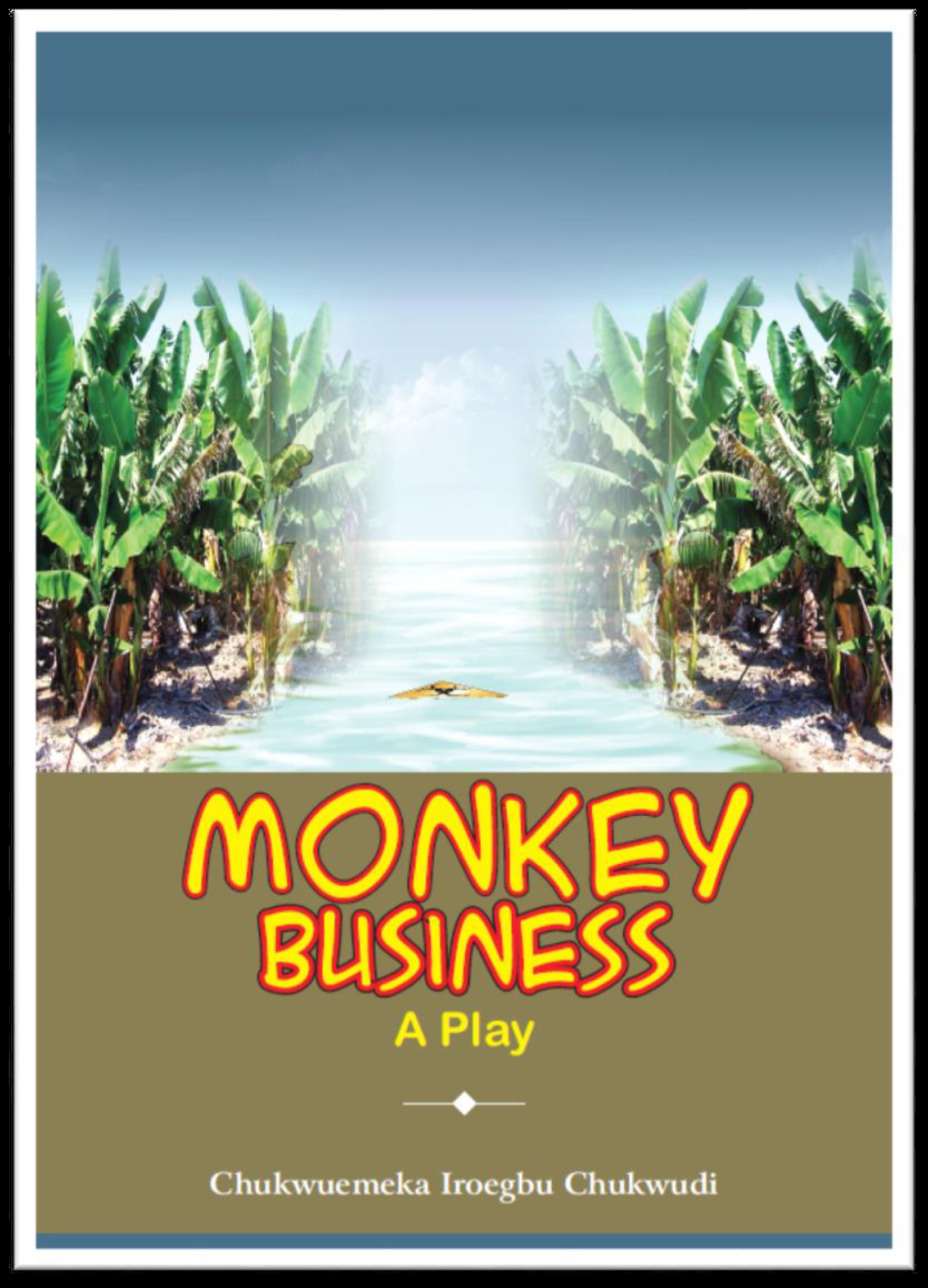How Literary Artists & Other Creatives Can Contribute to Sustainability and to the Sustainable Growth of the Book Ecosystem

A paper presented at the 21st Nigeria International Book Fair in Function Room A, Hall A, Harbour Point Event Centre, Victoria Island,Lagos on Saturday,14.05.22
Author: Chukwuemeka Iroegbu Chukwudi
Introduction
Literary artists
Literary artists are creative people who express entertainment and emotion through writing and producing works such as plays, prose, poetry, essays, biography, memoir, article, etc.
Literary artists as critics, also make statements on an aspect of art or culture. And they dare to bend the boundaries of feelings and sensory perception in their craft.
Creatives
Creatives are people who have the ability to invent and develop original ideas, especially in the arts. Creatives are artists who see the world differently.
Sustainable Development/Growth
Sustainable development refers to the capacity to persistently maintain a situation or condition at a certain level for a period of time. Once that period of time is genuinely over, there is a progression to a higher and better level. And that is sustainable growth. Some schools of thought view sustainable development as creating awareness of and mobilizing action towards solving social and ecological problems.
Book ecosystem
This is a complex network or interconnected system of books and their stakeholders: writers, editors, proofreaders, publishers, printers, illustrators, book sellers, buyers, libraries, schools, readers, researchers, policy makers/regulators, promoters, the media, internet contents providers, and the like. And funnily enough, pirates (book thieves)!
Contribution of Literary artists and Other Creatives to sustainable development
Focus – SDG1 - No Poverty
The UN SDG 1 aims at ending poverty in all ramifications globally by 2030. Poverty is the state of being inferior in quality or insufficient in amount. This is to be tackled by addressing two of the 5Ps which define SDG agenda, namely:
PEOPLE: tackle poverty and hunger, ensure life of dignity and equality in a healthy environment.
PROSPERITY: promoting fulfilling lives through social,
economic and technological progress in harmony with nature.

So, how has my stage play, Monkey Business, an SDG Book Club Africa SDG 1 selection, been able to draw attention to and proffer solutions to these social and ecological problems? It has been able to do so by confronting poverty as insufficient money and material possessions, insufficient physical factors that money cannot buy, and inferior ideas and mentality.
Challenges to No Poverty for Other Creatives and Literary Artist
Low financial strength
"The importance of money flows from it being a link between the present and the future." - John Maynard Keynes.
Truth is, without sufficient funds, literary artists cannot publish their ideas; they will most likely die with them.
Solutions to No Poverty for Other Creatives and Literary Artist
Get your book in the internet space in the form of eBook (electronic book).
An eBook is a book publication made available in digital form, consisting of text, images, or both, readable on the flat-panel display of computers or other electronic devices.
The internet also makes publishing and acquiring training about publishing cheaper.
Contributions of Literary Artists and Other Creatives to the Book Ecosystem
Wealth Creation
We create continuous wealth
How do we do that? How do we create sustainable wealth through book publishing? Be a serial author and turn your works to marketable products. Advertise your products through your credible platform or other people's platform.
Obstacles
Piracy (book banditry)
Piracy is the unauthorized use or reproduction of another's work. Internet piracy is the practice of downloading and distributing copyrighted content digitally without permission. For example, as of June 1, 2019, piracy had cost the US economy between 230,000 and 560,000 jobs, and between $47.5 billion and $115.3 billion in reduced gross domestic product (GDP) each year.
Fighting Back
Use multiple media
Get your book into different media: paperback, hardback, eBook (text, audio, video), present it for readings, adapt it into movie, serialize it, launch and re-launch it, revise it, enter it for competitions and prizes.
Approach piracy through various means: the mass media, law enforcement agents, legal practitioners, regulatory bodies.
Recommendations
- Don't make money your number one or only motivation.
- Be passionate about writing.
- Be consistent and resilient.
- Be creative - think outside the box; don't be too conformist.
- Government must strengthen the enforcement of copyright laws.
Conclusion
To achieve sustainable development, literary artists and other creatives must identify and create a roadmap using our works towards solving social and ecological problems. In addition, we should ensure that we are moving from one sustainable level of development to another and by so doing, thereby ensuring sustainable growth.
References
- www.collinsdictionary.com/dictionary/english/literary-art
- Jeff Goins. www.goinswriter.com/what-is-a-creative
- Daniel Grant (2012) "Sustainability" Has Become a Growing Focus of Artists' (and Art Schools') Attention. HuffPost Contributor Platform. Quoting from mica.edu
- Harmful Effects of Piracy (2019, June 1) www.theglobalipcenter.com
- John Maynard Keynes. The Importance of Money. www.google.com/imgres
- www.en.m.wikipedia.org/wiki/Ebook


